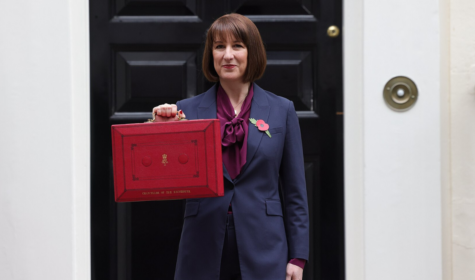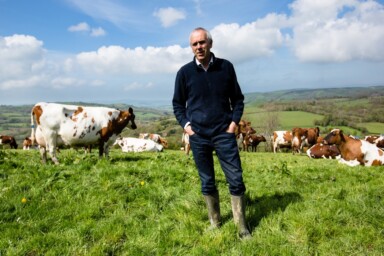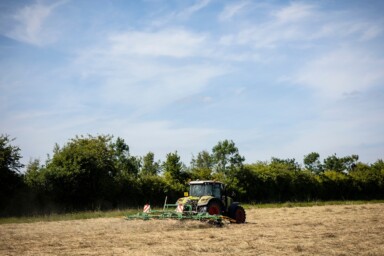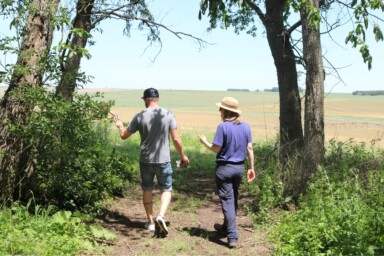Last week the Labour Government delivered their first annual budget in 14 years. But what does this mean for food and farming? Despite calls to the contrary, the agriculture budget has not increased and other changes have left many family farms uncertain about the future. Our CEO, Patrick Holden, shares his thoughts.
There are two main reasons why agriculture and food do not feature prominently in the budget. The first reason is that the Treasury just don’t get agriculture. By this, I mean that they have failed to understand the potential financial benefits related to net-zero commitments, nature restoration and improvements in public health, which could stem from a package of measures that incentivises the transition towards truly sustainable food and farming systems. The Government’s view that farmers need to produce more food from less runs in direct opposition to where I think we need to be heading, which is towards a ‘land sharing’ approach that enables us to produce the right amount of food in a way that is compatible with maintaining the natural and social capital of our farmed landscape.
The new ELM schemes could be argued as a step in the right direction because they reward farmers for the delivery of public goods alongside food production. However, while the schemes may be generous for those farmers who are positioned to capitalise on the payments, the piecemeal incentives that are on offer fail to reflect the holistic approach that our farming system needs and, for many farmers, especially those who can’t employ someone to do all the form-filling, navigating the schemes can be a daunting undertaking. The Treasury’s indication that it will be reviewing the ‘affordability’ of farm payments schemes in 2025/26 must not come as another blow to the small and medium sized farms that are the cornerstone of a sustainable food system.
“[The Treasury] have failed to understand the potential financial benefits related to net-zero commitments, nature restoration and improvements in public health, which could stem from a package of measures that incentivises the transition towards truly sustainable food and farming systems.”
The second reason is that a sizable proportion of the public don’t get it either, which is quite understandable because these days it’s almost impossible to know where your food come from. Our approach at the Sustainable Food Trust is to work on both fronts, presenting the Treasury with financial arguments to demonstrate how long-term investment in food and farming will, ultimately, reduce public expenditure through addressing the climate, health and biodiversity crises, while we simultaneously work to enable millions of people to better understand the story behind their food.
On the face of it, our objectives can seem distant, but in each case the tide is running in their favour. On finance, as Lord Stern said more than 15 years ago, the cost of inaction on climate change is far greater than action, not to mention that we risk creating an unliveable planet if we do nothing.
On the second barrier, a tide of public opinion is arising, which, in the long run, could make political inaction very expensive in voting terms for the Labour government. They don’t yet believe that, but I’m convinced that millions of people instinctively understand that our approach to food and farming has become deeply unsustainable and are increasingly responding to calls for action to reform the current system.
Featured image courtesy of HM Treasury.







